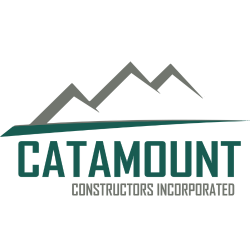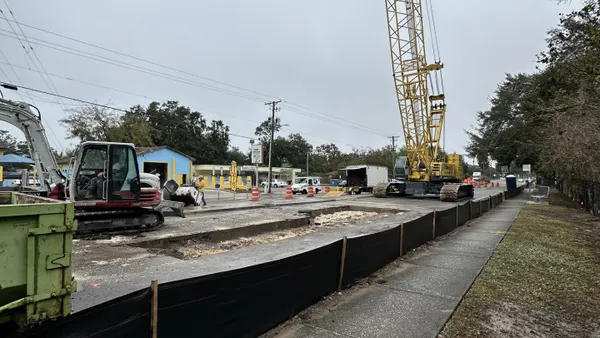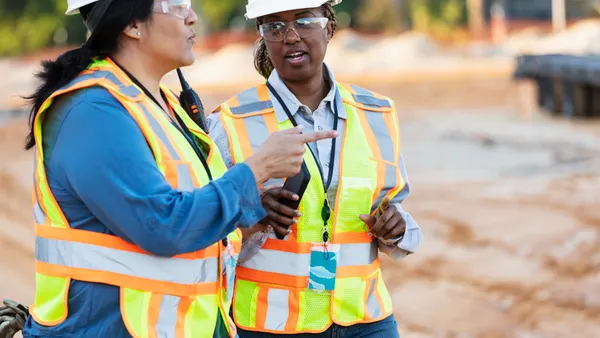Dive Brief:
- Texas lawmakers have rejected a bill that would have allowed public-private partnerships (P3s) to be used for a roster of 18 highway projects worth $30 billion, according to Bloomberg.
- The state House denied the measure, citing toll fatigue on the part of the Texas public. The right to collect tolls and tap into other project revenue streams is typically given to the private portion of a P3 to repay it for its up-front funding and construction services.
- Texas is one of 13 states that does not have P3 authorization legislation, although some of its state agencies can use them for projects like university dormitories. New Mexico and Mississippi also failed to pass similar legislation this year.
Dive Insight:
P3s have become an increasingly popular way to fund public projects, as they allow government agencies and municipalities to spread the often-limited cash they have across more projects. Typically, the private side of such an arrangement finances, designs and builds the project and then operates and maintains it for a period of time that can span decades.
This vote could keep Texas from full participation in President Donald Trump's $1 trillion infrastructure plan, as one of the lynchpins of the programs — which is still light on details — is the leveraging of private investment through P3s.
Transportation Secretary Elaine Chao has said the administration could be ready to present an infrastructure spending bill this month, which would be a welcome event for those infrastructure advocates who have seen little action on the initiative thus far.
In fact, since taking office, Trump has offered up a 2018 budget proposal that would eliminate popular transportation programs, and a tax reform bill, which would repatriate corporate earnings but does not earmark any extra revenue for infrastructure as many had hoped.
Nevertheless, lawmakers and industry experts are still optimistic that Trump will introduce an infrastructure program at some point. This week, the U.S. Conference of Mayors announced that they had formed a task force to work with the administration and Congress in tailoring an infrastructure plan that would meet the needs of American cities.










